Pineapple
Pineapple is the only food containing enzyme bromelain that helps with digestion and breaking down the proteins. That makes it a great choice for people with pancreas condition that causes lack of capability to produce these enzymes in our bodies. Thanks to bromelain, after surgeries, pineapple can be consumed as part of the diet to speed up the recovery process and to repair damaged muscle tissues and wound healing, as well as burns. Bromelain is also believed to reduce pain in people suffering from arthritis (inflammation of the joints). Pineapple is rich in antioxidants (especially flavonoids), vitamin C and manganese. It boosts overall immunity and reduces inflammation.
